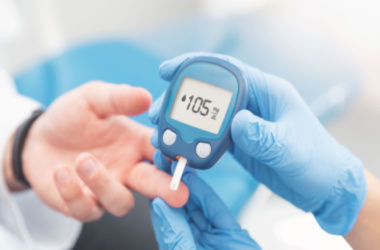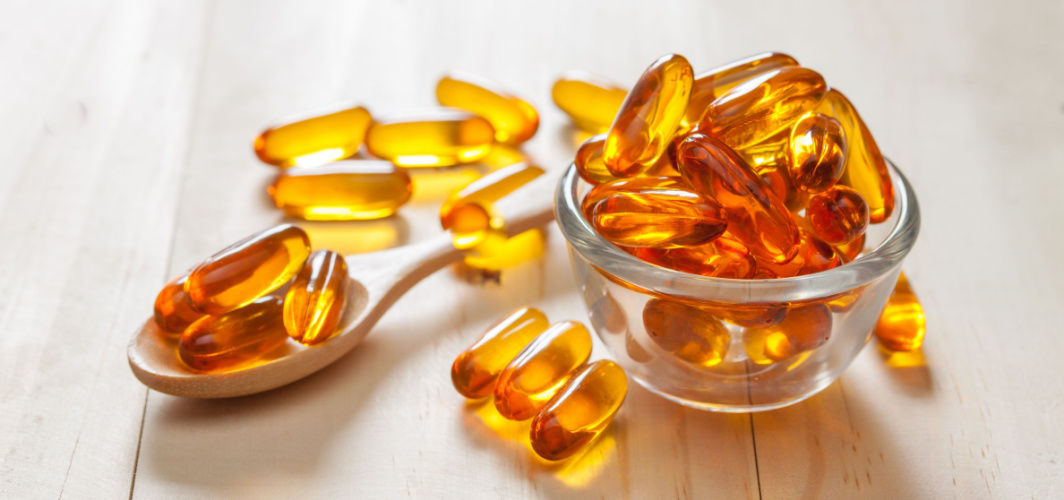General Health
Why Are Carbonated Beverages The Ultimate Health Villain? 5 Reasons Decoded
3 min read
By Apollo 24|7, Published on - 08 August 2022, Updated on - 17 May 2023
Share this article
0
431 likes

Due to urbanization and aggressive beverage marketing, the use of carbonated drinks is drastically increasing in the world. These sugary fizzy drinks intensify the euphoric rewarding feeling; that’s one of the reasons why they are so addictive.
It is a well-known fact that these drinks are one of the biggest sources of calories. While we love to drink these delicious sugary beverages, they can do more harm than good. Here, we have compiled a list of the top 5 reasons why drinking soda can be dangerous for you.
1. Sugary drinks are linked to weight gain
Large levels of fructose are found in the table sugar that we use on a regular basis. Unlike glucose (a type of sugar that develops after the digestion of starchy meals), fructose does not reduce levels of the hunger hormone ghrelin or promote feelings of fullness.
One research found that those who added sugary beverages to their regular diet ingested 17% more calories than they did previously. Studies reveal that those who regularly consume beverages with added sugar put on weight more quickly than those who do not.
Daily consumption of drinks with added sugar has also been found to raise the incidence of obesity in youngsters by 60%. In fact, sugary beverages are one of the major factors responsible for obesity.

2. A significant amount of sugar leads to fat in your liver
Every cell in your body can process glucose but your liver is the only organ that can process fructose. Since sugary beverages are loaded with fructose, when you consume these drinks in excess, your liver becomes overworked and converts the sugar to fat. While some of the fat is stored in your liver, some of it is released as blood triglycerides. This may eventually lead to nonalcoholic fatty liver disease.
3. Sugar dramatically increases the buildup of stomach fat
Several studies have linked weight gain to a high-sugar diet. Fructose, in particular, has been associated with a considerable rise in the harmful fat around your organs and tummy, which is known as visceral fat. Excess abdominal fat has been associated with an increased risk of type 2 diabetes and heart disease. In 10-week-long research, 32 healthy participants were given sweetened drinks with either fructose or glucose in them. In comparison to those who ingested fructose, participants who consumed glucose saw an increase in subcutaneous fat, while others found an increase in visceral fat.

4. Sugary sodas can lead to Insulin resistance
Insulin is a hormone that helps in the utilisation of glucose present in the blood. However, if you consume sugary soda on a regular basis, your cells will get resistant to insulin's actions and trigger the pancreas to produce more insulin to eliminate the excess glucose from your bloodstream. This condition is known as insulin resistance, which also increases the risk of metabolic syndrome (a precursor to type 2 diabetes and heart disease).
Excess fructose consumption causes insulin resistance and increases the levels of insulin in the blood. In one research including young, healthy males, moderate fructose intake led to an increase in insulin resistance in the liver.
5. Sweetened drinks can result in type 2 diabetes
Millions of individuals throughout the world suffer from type 2 diabetes, which is characterised by elevated blood sugar levels and insulin resistance/insufficiency. Research has shown that consuming even one can of sugary soda each day can increase the risk of type 2 diabetes. According to a study that examined sugar intake and diabetes in 175 countries, the risk of type 2 diabetes rose by 1.1% for every 150 calories of sugar consumed daily, which is equivalent to roughly 1 can of soda.

Drinking a lot of sugary beverages like soda can have a number of negative effects on your health. These include a greater risk of dental decay, heart disease, obesity, and metabolic conditions including type 2 diabetes. The wise solution is to substitute these drinks with natural beverages like coconut water and lemon water.
To know more about the healthy alternatives to sodas,
General Health
Leave Comment
Recommended for you

General Health
Why Is Oversleeping Bad for You?
We all enjoy getting a little longer sleep on the weekends, but if this tendency persists, it could be detrimental to our general health. Oversleeping is never a good idea! Visit this site to learn how and why to prevent oversleeping.
.jpg?tr=q-80)
General Health
Food Intolerance Test: Purpose, Procedure, Range, and Results
Food intolerance test identifies sensitivities to foods. Learn about the test’s purpose, procedure, normal range, and how results help manage digestive health.

General Health
10 Benefits of Consuming Fish Oil Supplements
Discover the health benefits of fish oil supplements, the recommended dosage, and the latest safety guidelines. Improve your overall well-being with this essential omega-3 fatty acid supplement.
Subscribe
Sign up for our free Health Library Daily Newsletter
Get doctor-approved health tips, news, and more.
Visual Stories

Plant-based Foods That Are a Great Source of Iron
Tap to continue exploring
Recommended for you

General Health
Why Is Oversleeping Bad for You?
We all enjoy getting a little longer sleep on the weekends, but if this tendency persists, it could be detrimental to our general health. Oversleeping is never a good idea! Visit this site to learn how and why to prevent oversleeping.
.jpg?tr=q-80)
General Health
Food Intolerance Test: Purpose, Procedure, Range, and Results
Food intolerance test identifies sensitivities to foods. Learn about the test’s purpose, procedure, normal range, and how results help manage digestive health.

General Health
10 Benefits of Consuming Fish Oil Supplements
Discover the health benefits of fish oil supplements, the recommended dosage, and the latest safety guidelines. Improve your overall well-being with this essential omega-3 fatty acid supplement.